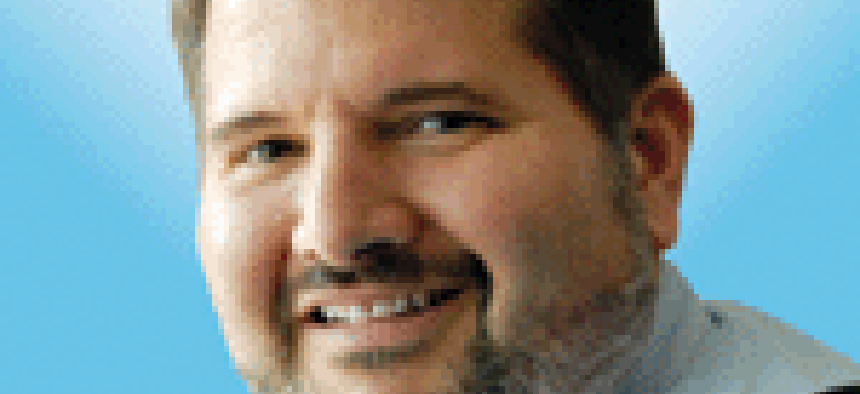PSC embraces tech as markets converge

The Professional Services Council has formed a new technology policy council to focus on the implications of the growing convergence of technology and services.
The Professional Services Council today expanded its portfolio with the creation of a technology policy council, and it’s a fascinating development for several reasons.
The services world and the technology world are converging, so the services PSC members deliver are increasingly infused with technology, and you really can’t deliver one without the other.
At the same time, traditional technology vendors are delivering their products as services.
As PSC President and CEO Stan Soloway said in the group’s announcement, the new technology policy council “represents a recognition of the convergence taking place between the technology and professional services sectors and the many issues associated with that convergence. Today, the lines that traditionally separated the two have been blurred almost to extinction.”
The blurring impacts government and business with implications around the policy side, such as acquisition and procurement was well as the business models companies need to adopt to succeed, Soloway told me.
The initial members of the PSC technology policy council reflect that convergence:
- Anne Altman, IBM’s general manager for federal is the chair. IBM is one of those unique companies that is both strong in services and technology.
- Pat Finn, senior vice president of Cisco U.S. Public Sector. Cisco is new PSC member. The company has been evolving into an “as a service” business model rather than just a seller of boxes.
- Wes Anderson, vice president of worldwide public sector services at Microsoft. Another technology company with an increasing services focus.
- George Newstrom, president of Dell Services Federal Government. Dell went private last year in order to speed its transformation away from being solely a hardware company.
- Randy Fuerst, president and COO of Oceus Networks, which touts a “consultative approach” to how it sells broadband services.
- Robin Lineberger, head of Deloitte’s aerospace and defense practice. Deloitte’s a great example of how technology has become inseparable from delivering high-end services.
Soloway said the council will grow as time goes forward. PSC also is looking to hire a senior staffer to support the council.
The approach is similar to how PSC grew its international development group. “It is about adapting to member needs in different market areas,” he said.
Soloway was hesitant to say the convergence of technology and services is the “biggest thing since sliced bread.”
“You can argue that there is no such thing as the next big thing because the next big thing gets subsumed by the next big thing so quickly today,” he said.
But what this does is position PSC to support its members and attract new ones for next several years as the convergence plays out, Soloway said.
It also helps position PSC for more changes in the market. “This puts us in a better perch to see the changes as they come because we aren’t tied to one mindset,” he said.
The creation of the technology policy council has been in the works for at least six months, Soloway said. And the initiative won’t push aside PSC members who might be viewed as providing non-technology services.
“This is relevant to a huge portion of our members,” Soloway said.
Full disclosure: Soloway is a regular columnist for Washington Technology on procurement and other policy issues.
NEXT STORY: Troy West leaves Dell, new fed leader named
